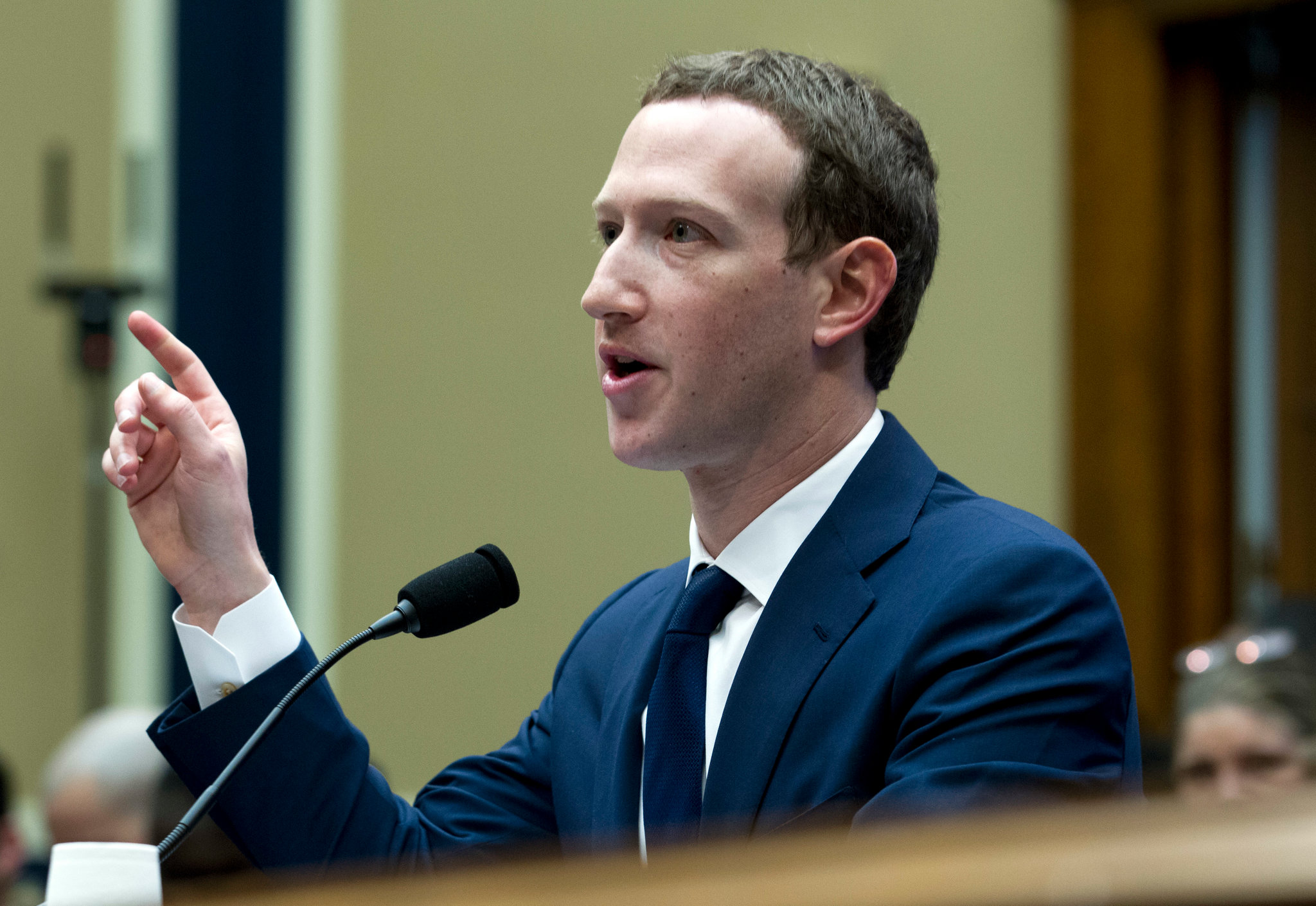Mark Zuckerberg's recent court appearance underscores a significant dilemma within the tech industry: the challenge of balancing innovation with accountability . As the CEO of Meta, Zuckerberg's testimony in an antitrust lawsuit brought by the FTC reveals deeper issues regarding monopolistic practices and regulatory scrutiny. The allegations against Meta suggest that the company has systematically eliminated competition through strategic acquisitions, notably Instagram and WhatsApp, to maintain its dominance in the personal social networking market . This situation exemplifies a broader conflict wherein rapid technological advancement often outpaces regulatory frameworks designed to ensure fair competition.
In 2012, when Facebook’s chief executive, Mark Zuckerberg, cut a $1 billion check to buy the photo-sharing app Instagram, most people thought he had lost his marbles.
“A billion dollars of money?” joked Jon Stewart, then the host of “The Daily Show.” “For a thing that kind of ruins your pictures?”
Mr. Stewart called the decision “really lame.” His audience — and much of the rest of the world — agreed that Mr. Zuckerberg had overpaid for an app that highlighted a bunch of photo filters.
While FTC lawyer Daniel Matheson argued that “consumers do not have reasonable alternatives” to Facebook, Instagram, and WhatsApp, Zuckerberg made the case that Meta’s market is far bigger than the government suggests. On the stand, Zuckerberg dismissed the idea that Facebook was centered on friends, and said that the company had become “more of a broad discovery and entertainment space.”
This case, of course, is far bigger than Meta. On some level, it’s existential for the tech landscape as a whole—at least, when it comes to how the industry currently operates. Whether or not the FTC’s claims about Meta’s anticompetitive motives are correct, the underlying business practice—a tech giant swallowing up an innovative startup—is the way the tech ecosystem has been structured to function, and to reward its various participants, over the past several decades.
The implications of this legal battle extend beyond Meta itself; they signal a critical juncture for Silicon Valley. The outcome may determine whether regulatory bodies can impose meaningful constraints on major tech companies or if these giants will continue to operate with relative impunity. As seen previously in Zuckerberg's Congressional testimonies post-Cambridge Analytica scandal, public backlash has proven insufficient to engender substantial change within these corporations . Thus, this court case represents not only a test of Meta’s business practices but also a crucial moment for potential reform within the entire tech industry.
Read more
Paddy Higson, 'Mother of Scottish film', dies at 83 iOS 18.5 beta 2 released with minor iPhone updates.Sarah H
Also on site :
- Michael Mosley’s family say ‘it’s hard to believe that a year has passed’ since his death
- How to prevent sports injuries in children
- 'You need to charge more': The San Francisco dive bar that refuses to raise prices

